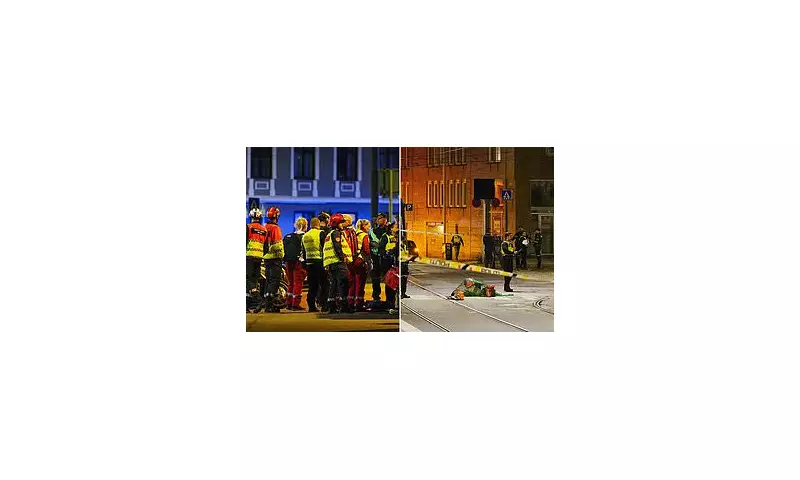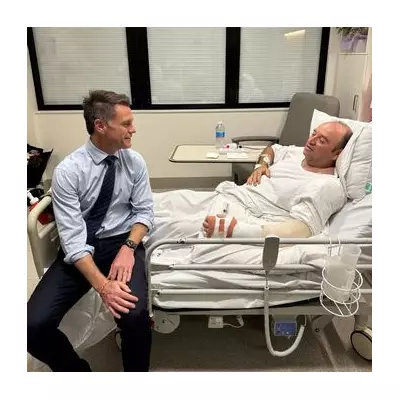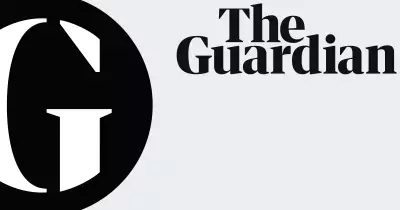
In a deeply alarming development that exposes the dark underbelly of Scandinavia's integration crisis, Norwegian authorities are confronting a disturbing phenomenon: migrant children being systematically recruited by criminal gangs and armed with deadly weapons, including grenades.
The Youngest Hitmen
Police and social workers report encountering teenagers as young as 13 who have been given specific contracts to carry out violent attacks. These children, predominantly from migrant backgrounds, are being exploited by organised crime syndicates that prey on their vulnerability and marginalisation.
One senior police officer described the chilling reality: "We're seeing children who should be in school carrying out hits for criminal networks. They're given specific targets and weapons, including in some cases, live grenades."
Systemic Integration Failure
Experts point to Norway's struggling integration system as the primary catalyst for this crisis. Many of these children arrive alone or from families unable to navigate the complex social systems, leaving them isolated and desperate for belonging.
"When the state fails to integrate these young people, criminal gangs are waiting with open arms," explains a youth worker from Oslo's eastern districts. "They offer money, status, and a sense of family that these children aren't finding elsewhere."
Weapons Proliferation
The situation has escalated dramatically with the increasing availability of military-grade weapons. Police have recorded multiple incidents where teenagers were found in possession of grenades, highlighting the sophisticated weaponry now circulating in gang circles.
Norwegian security services note that the easy access to weapons from conflict zones in Eastern Europe has transformed the nature of gang violence, moving from fists and knives to explosives and automatic weapons.
Community Impact
Residents in affected neighbourhoods describe living in fear, with ordinary citizens caught between gang conflicts and increasing police operations. Local business owners report extortion attempts, while parents keep their children indoors after dark.
"We came here for safety, but now we're afraid to let our children play outside," says one mother from a predominantly immigrant community. "The gangs recruit from playgrounds and schools - nowhere feels safe anymore."
Government Response
Norwegian authorities have launched emergency measures, including increased police patrols in vulnerable areas and specialised intervention programmes targeting at-risk youth. However, critics argue these measures address symptoms rather than root causes.
Integration Minister Tonje Brenna acknowledges the challenges: "We're dealing with a complex situation that requires both immediate security measures and long-term social solutions. We cannot arrest our way out of this problem."
The crisis represents a fundamental test for Norway's famously progressive social model, forcing a national conversation about immigration, integration, and the limits of tolerance in one of Europe's most prosperous nations.





